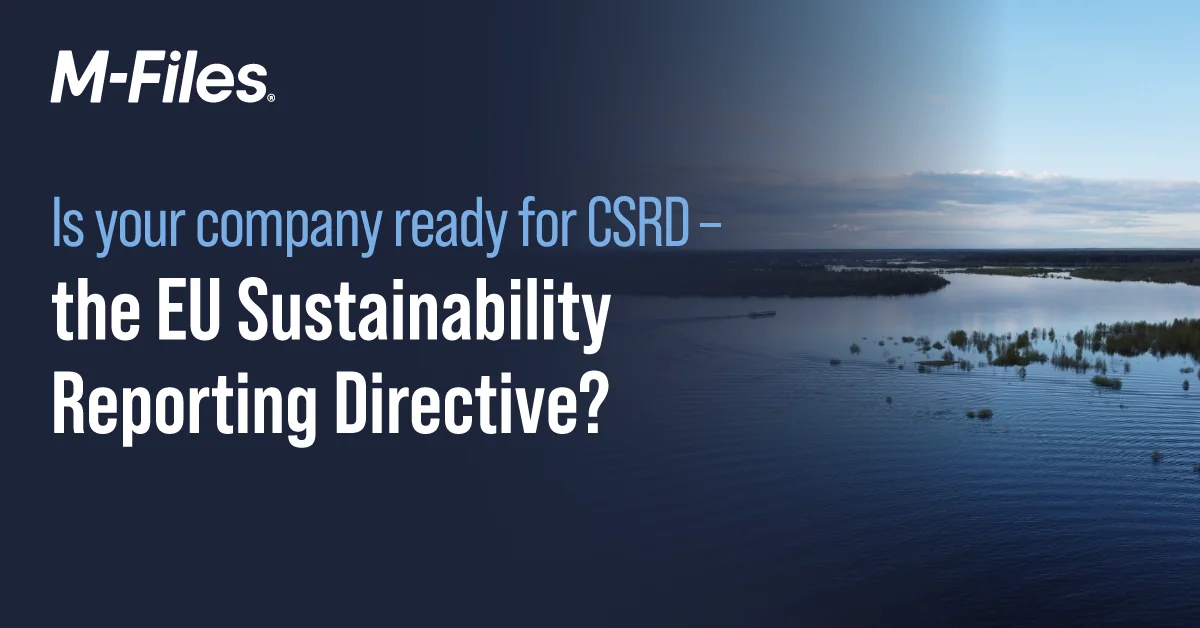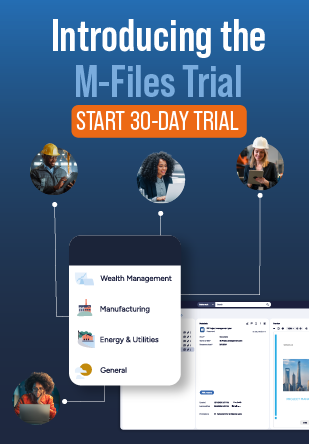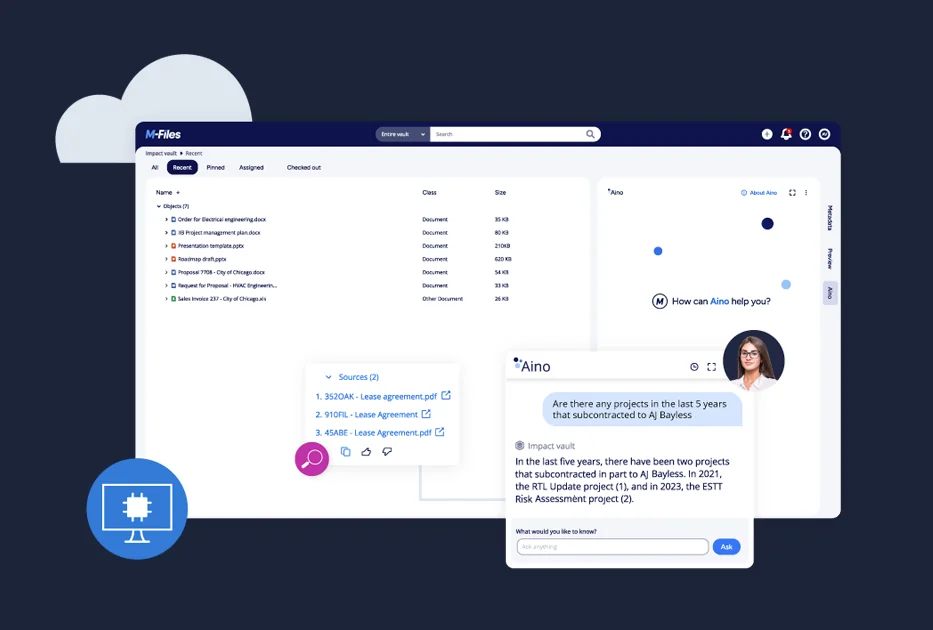How to Prepare for CSRD Reporting Standards
Is your company ready for CSRD – the EU Sustainability Reporting Directive?

The New EU Corporate Sustainability Reporting Directive (CSRD)
The new EU Corporate Sustainability Reporting Directive (CSRD) has rapidly become a focal point at management meetings throughout Europe. This is unsurprising, as the CSRD is a comprehensive directive mandating companies across various industries to report their sustainability impacts in unprecedented detail and transparency. It encompasses requirements on everything from environmental targets to social factors and compliance – obligations that companies cannot afford to overlook.
However, how can businesses manage the extensive information and documentation required to comply with CSRD reporting standards and all supplementary directives and protocols?
This is where effective document management becomes essential. To meet the new requirements while maintaining high-quality reporting, it is crucial to have robust document management support. This is not only to ensure compliance but also to build trust with customers, investors, and other stakeholders.
The Challenge of Document Management
One of the major challenges of CSRD is managing the vast amount of required information. It involves tracking documents, demonstrating transparency, and providing access to relevant data for auditing and reporting. For many companies, this process remains cumbersome and inefficient, plagued by scattered documents, manual processes, and unnecessary administrative bottlenecks.
To meet the new requirements, it is crucial to have a strategy for effective document management. With a modern and integrated system, documents can be collected, organized, and kept up to date. This not only helps those working on the sustainability report but also anyone else in the organization who needs access to the information.
M-Files – the Key to Smoother Reporting
With a smart and intuitive document management system like M-Files, your company can save time, reduce errors, and streamline sustainability reporting. Organizing documents using metadata rather than cumbersome folder structures allows for quick and easy access to the right information. This is especially valuable when collecting environmental reports, financial data, or policy-related documents required for CSRD.
M-Files also integrates easily with other systems that the company already uses, ensuring that all documents are collected and always updated. This reduces the risk of using outdated document versions and ensures that the reported data is accurate and credible.
With M-Files, companies can be confident that they meet the CSRD criteria, thereby avoiding potential fines or loss of credibility.
Simplify Reporting and Stay Ahead
If the process of collecting and reporting information is complicated and time-consuming, it can quickly become a burden on your business. By using modern tools like M-Files, not only will the sustainability team benefit, but finance, operations, and legal departments will also find it easier to access and use accurate data.
Clearly and credibly reporting on your sustainability efforts will help your company meet EU requirements. Additionally, it can position you as a responsible and forward-looking company.
Want to learn more? Schedule a demo and take a step towards simpler and more reliable sustainability reporting.
What is CSRD and why is it Important?
CSRD is an EU directive that aims to make companies more transparent and accountable in their sustainability performance. Starting in 2024, more companies than before will be subject to the requirements, meaning that thousands of European companies will have to report on their sustainability efforts in a systematic and detailed way. One example is Scope 1, 2, and 3 classifications that companies must use to report on the origin of their emissions.
The idea behind the CSRD and its complementary directives and protocols is to provide investors, customers, and other stakeholders with a clearer picture of how companies contribute to or impact sustainability in society.
Meeting these requirements is not only a way to stay within the law – it is also an opportunity to build trust, strengthen your brand, and demonstrate that you are at the forefront of social and environmental responsibility.
By taking sustainability reporting seriously and using effective tools to manage it, your company can stand out in the market and create a competitive advantage.









